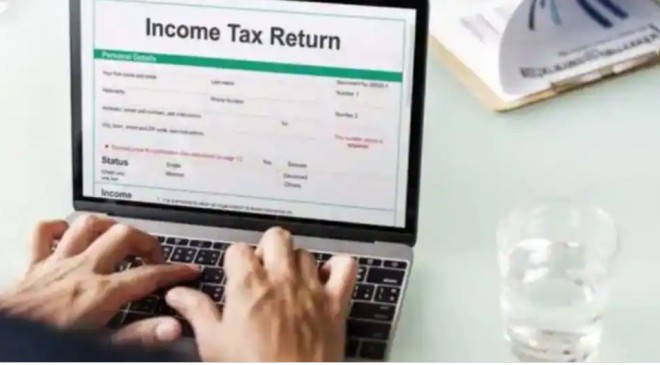Arrears bring both relief and a headache when it comes to filing taxes. While they signify delayed but deserved earnings like salary, pension, or rent from past years, they also mean added complexities while filing an income tax return (ITR).
Read More: Income Tax Return 2024: Taxpayers alert! Filing false claims in ITR to attract THESE penalties
When these overdue sums finally land in your account, they tag along with tax implications for the year they are received.
This means they get added to your total income for the current financial year, potentially nudging you into a higher tax bracket and resulting in a heavier tax bill.
For instance, if you receive arrears of salary in 2023 for work done in 2022, you might end up paying a higher tax rate on these arrears in 2023, which can be a bit of a bummer.
However, there’s a provision in the Income Tax Act, 1961, precisely Section 89(1), that offers a solution.
This section extends relief to taxpayers whose tax liability increases due to arrears. It helps in cutting down the tax burden, a bit like a tax-saving lifeline.
What is Section 89(1)?
Section 89(1) of the Income Tax Act is a life saviour and essentially says that if you got some overdue money, but it’s taxable now, we’ll help you with it.
Let’s say you received arrears this year, but they’re from the previous year.
Section 89(1) lets you calculate the tax liability for the year you received the arrears and compare it with what you would’ve paid if you received the money in the year it was due. The difference between the two is your relief.
ITR Filing: How to claim relief under Section 89(1)?
To unlock this relief, you need to fill up Form 10E, which acts as your ticket to tax saving.
By availing this relief, you ensure that your tax rate aligns more closely with your average income over the relevant years, making it fairer.
But remember, this relief is only for salary and pension income, not for business or professional earnings.
What is Form 10E?
Form 10E is your go-to document if you want to claim relief under Section 89 for arrears or advance payments.
You can submit Form 10E online via the e-filing portal and it should be done before you file your Income Tax Return.
If you want to claim relief on your arrear/advance income, Form 10E is a must.
Read More: Tax saving options under New Tax Regime most taxpayers may not be aware of
Track communication from the Income Tax department via an intimation under section 143(1) after your ITR processing is completed to know if the IT department has rejected the relief claimed in your ITR.





































